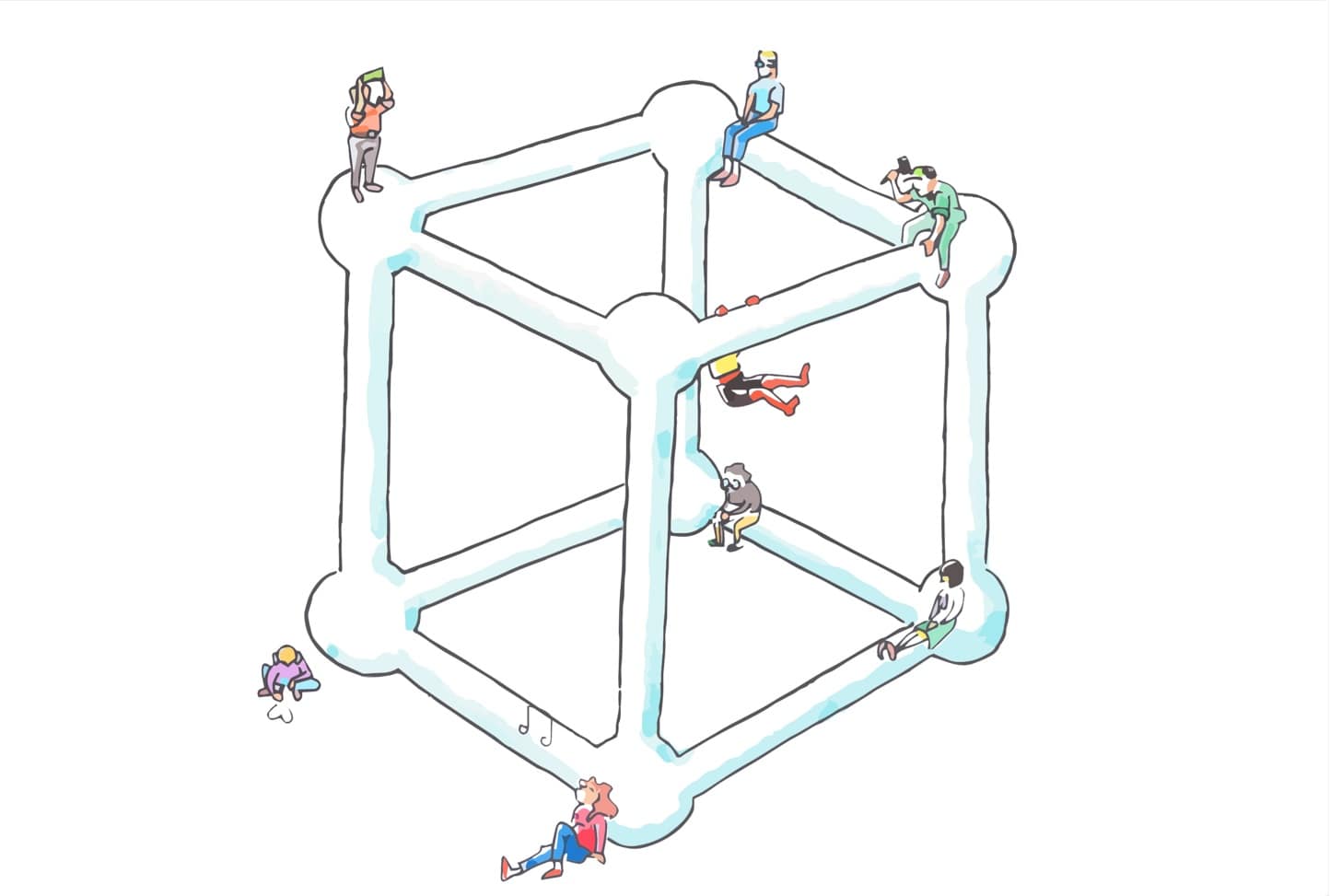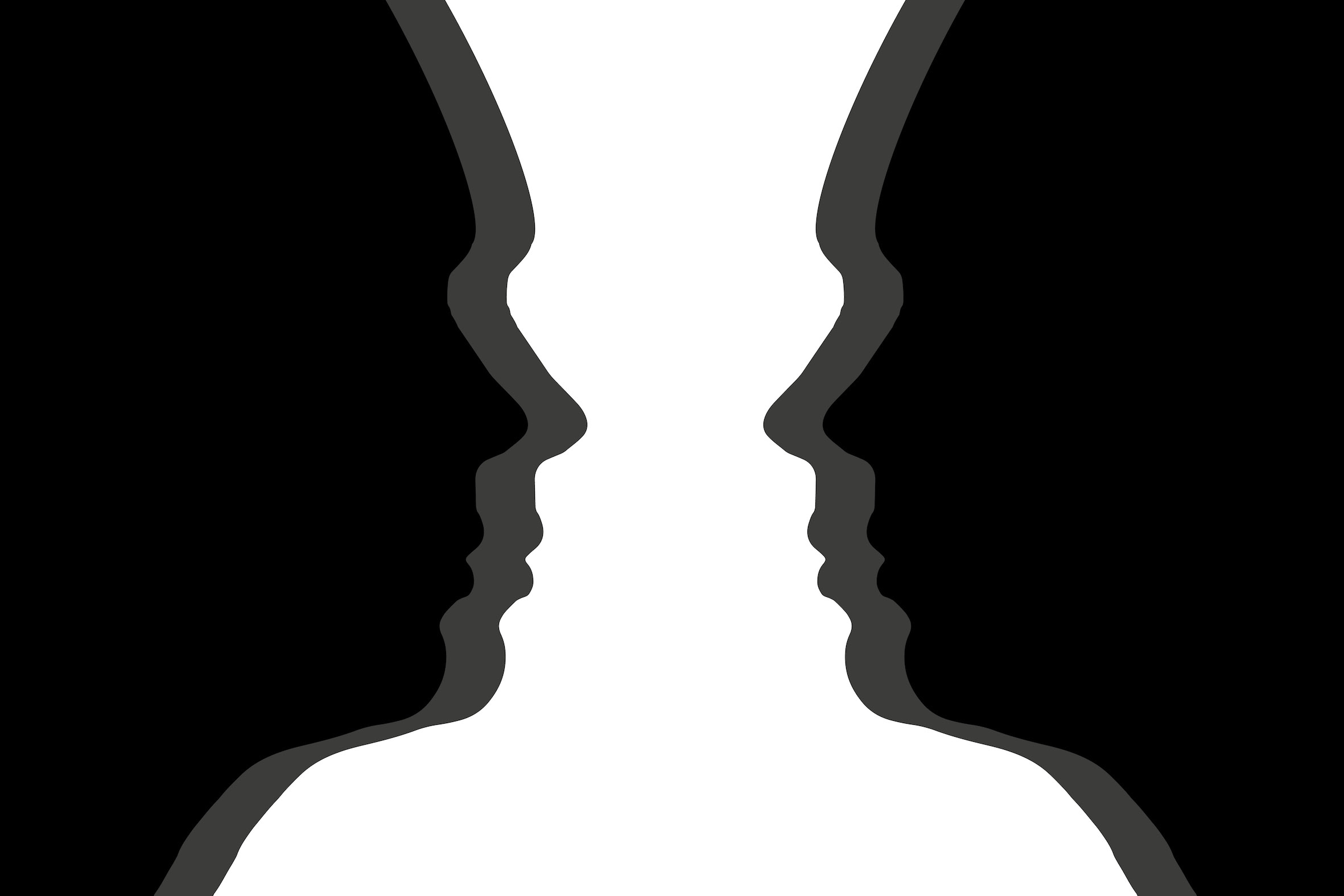Marie-Christine van de Glind interviewed Sebastiaan Mathôt about his recent book, the writing process, and how all of the thinkers who feature in his book are (dis)similar from one another.
Early theories aren’t relics – they’re resources that can still be relevant today. In this post, Rinske Vermeij describes her search for original copies of the near-forgotten Heymans Cube, a century-old personality model. What she found was a remarkably clear, comprehensive view of human personality – ideas that deserved to be made accessible for modern audiences. This post is a reminder that the old theories buried under the new can still be of value, worth excavating.
Hard work pays off! Or… does it? Is hard work the only route towards success? Could routines hold the key to goal attainment and relaxation at the same time? Tina Armasu reflects on these issues, based on her research as well as her experiences as a PhD student.
This blog about the PhD thesis “Intrapersonal and Interpersonal Dynamics in Personality Expression: A Complex Dynamical, Enactive, and Embodied Account” by Nicol Arellano-Véliz, explores how embodied dynamics express personality, linking early motor patterns to adult traits and offering new insights into human behavior and development.
Solomiia gives an inside on “new” ways of organizing knowledge by building a database on the entire research domain, in her case, on the topic of daily life stress and mental health. She first presents a rationale as to why having a database of empirical articles would benefit the field of psychological science followed by a more detailed example of her work in which she explains how she plans to build a database on daily life stress and mental health research.
People with multiple sclerosis or Parkinson’s disease may experience visual complaints. Although these complaints do not always come forward during an assessment of visual functions, they are extremely bothersome in daily life. How can we ensure that these complaints are recognized and acknowledged in clinical practice?
In this post, Zuzanna Laudańska shares her experience investigating motor and vocal development in infants. She works at the Institute of Psychology, Polish Academy of Sciences in Warsaw (Poland), and she is a guest researcher at the Department of Developmental Psychology, University of Groningen.
Have you ever considered including your research participants in the process of doing scientific research? Josephien Jansen, PhD student in Clinical Neuropsychology, does so and in this blog post she explains why collaborating with experience experts is a fruitful endeavor.
The social and interconnected nature of humans has captivated researchers from diverse fields such as behavioral and cognitive sciences. In this post, we present an undergoing study focused on the process of interpersonal synchronization and its relationship with Personality.
t is often assumed that online discussions escalate because people become less socially concerned when they are anonymous, or because online messages are unclear and easily misunderstood. In her PhD-dissertation, which she defended on September 22, Carla Roos reveals that the opposite is often the case: online communication is sometimes so clear that it can make people appear antisocial.










